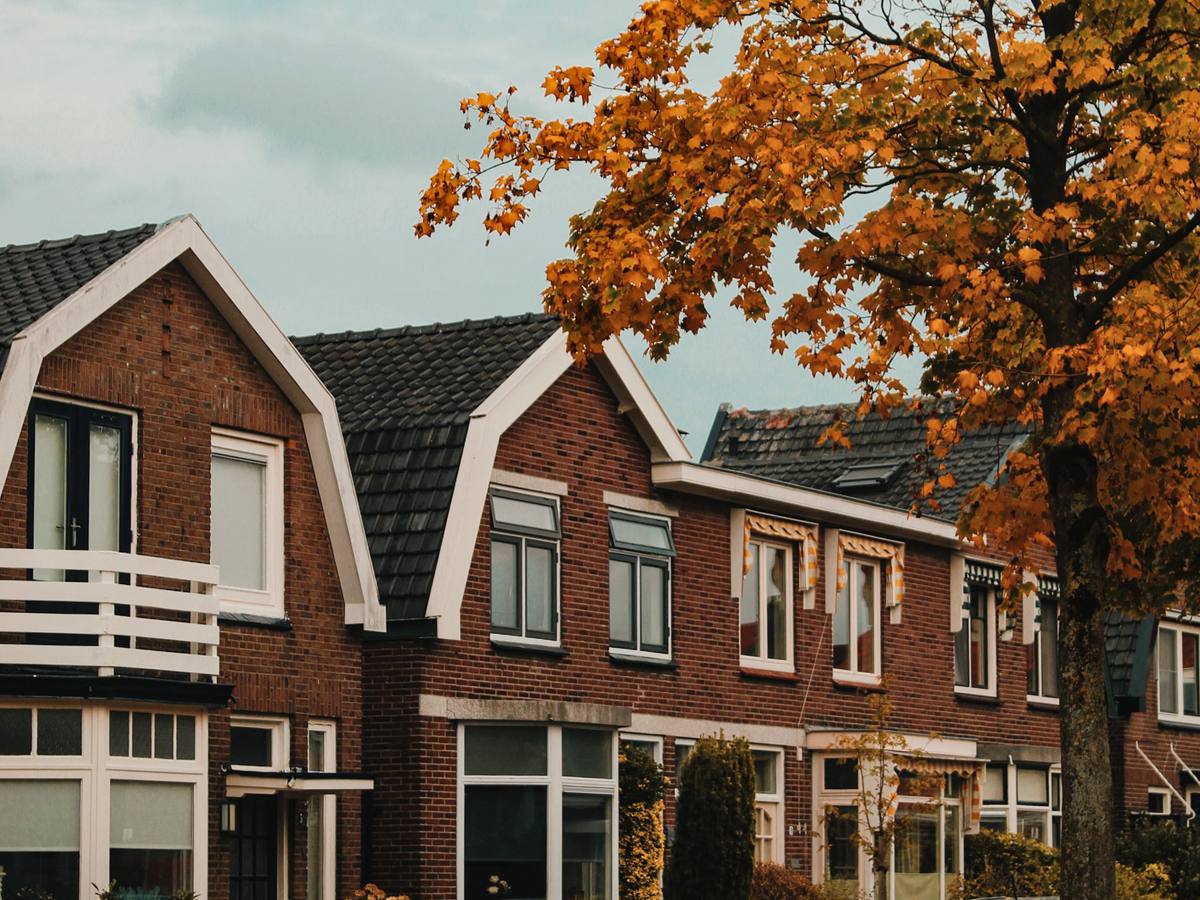What is a neighborhood watch program?
"Neighborhood crime watch unites those who live in a neighborhood with law enforcement officials in an effort to deter criminal activity [like burglaries], thus improving the safety of communities and the people who live in them."Your home is your castle, right? Your safe haven. It's where you go to socialize with your family and lay your head down at night to get a restful night of sleep. What happens, though, when your home becomes threatened by criminals? You lose sleep at night! Fortunately, though, a neighborhood watch can help deter criminals from making your home their target. Not only does this lead to a safer community to live in, but it also improves your overall quality of life. A neighborhood watch program strives to make the neighborhood in which you live safer. Did you know neighborhood watch programs have been in place since the early 1970s? Those who live in neighborhoods with a watch program tend to have a much lower crime rate than those that don't have this type of program in place. The watch program itself is only as effective as its members, meaning it is crucial that your entire neighborhood be willing to participate. An around-the-clock watch becomes possible when you have everyone in the neighborhood involved.
How to start a neighborhood watch?
Starting a neighborhood watch can be started by following five simple steps. Remember, your neighborhood watch is going to take time to develop, with the average length of time taking anywhere from two to six weeks. Here are the five steps:- Communicate with local law enforcement
- Set up a launch meeting
- Advertise the neighborhood watch
- Get prepared
- Set a good example
